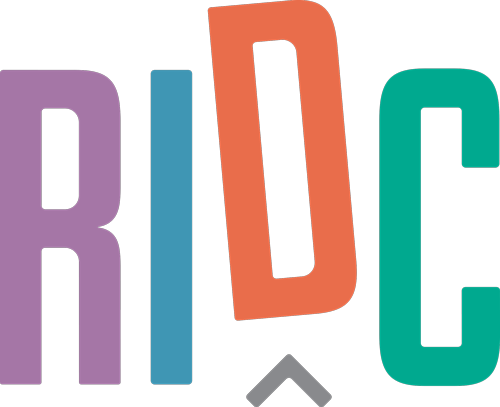Workshop Recap: Our Mental Health Matters: It’s More Than Just a Run.
The virtual workshop "Our Mental Health Matters, It's More Than Just a Run" provided a platform for our special guest speakers to discuss the challenges and unique perspectives surrounding mental health within the AAPI and Black communities. Led by RIDC Program Manager Abigail Sharpless, with panelists George Rehmet, Jinghuan Liu Tervalon, Sharon Mosley, the workshop explored the cultural barriers, stigmas, and importance of representation in mental health support and physical activities. Here is a recap of the insightful discussions and key takeaways from the event.
On cultural barriers and access to mental health support: The panelists addressed the issue of Western therapies not always resonating with Eastern minds, emphasizing that traditional approaches may be perceived as inaccessible to the AAPI community. We also addressed how historically, the church has been the cornerstone of the Black community and is often seen as the sole resource for mental health counseling. Abigail emphasized the idea that positive connotations, such as assumptions related to the “model minority” myth, can sometimes lead to negative consequences.
On shame, guilt, and seeking help: The discussion delved into the impact of shame and guilt within communities, where speaking openly about one's mental health struggles could bring shame to individuals and their families. The panelists explored how shame and the desire to bring honor to their families can hinder individuals from seeking help. George shared his experience as a biracial individual, noting the discrepancy in accessing mental health resources compared to his white siblings. The discussion also highlighted the additional issue of safety and the perceived threat of seeking help within broader society.
On cultural bias and emotional vocabulary: The panelists discussed the lack of inclusive conversations around mental health, noting how often the dialogue is white centered, excluding BIPOC experiences. They also addressed how this can lead to a lack of diverse emotional vocabulary for BIPOC and how it can hinder individuals from seeking therapy. They emphasized the importance of building emotional agility and encouraging individuals to embrace their full range of emotions. The need for representation in therapy and mental health resources was also emphasized, highlighting the significance of seeing people of color receiving help and giving permission for individuals to take care of themselves.
On inclusivity and safety in running: The conversation shifted towards the importance of inclusivity and safety in trail and road running, so that the running community can become a more welcoming resource for BIPOC mental health. The panelists discussed the need to break down barriers in leadership roles for people of color and create welcoming spaces within running communities. Safety concerns were addressed, with Jinghuan highlighting the impact of recent events on Asian Americans' sense of belonging. The panelists emphasized collaboration, inclusivity, and ensuring that no one is left behind during group activities.
On influence and education for mental health support: The final discussion focused on the role of influencers and community leaders in promoting mental health support. The panelists highlighted the influence individuals have on those close to them and encouraged using social media platforms to share personal experiences and raise awareness. They emphasized the importance of conducting personal research, educating oneself, and being mindful of boundaries while sharing struggles and triumphs to humanize the experiences of mental health.
The virtual workshop shed light on the unique challenges faced by the AAPI and Black communities regarding mental health support. The discussions underscored the importance of addressing cultural barriers, reducing stigma, and promoting inclusivity in running. By encouraging open conversations, fostering representation, and leveraging personal influence, individuals can contribute to a more supportive and understanding environment for mental health within their communities.




